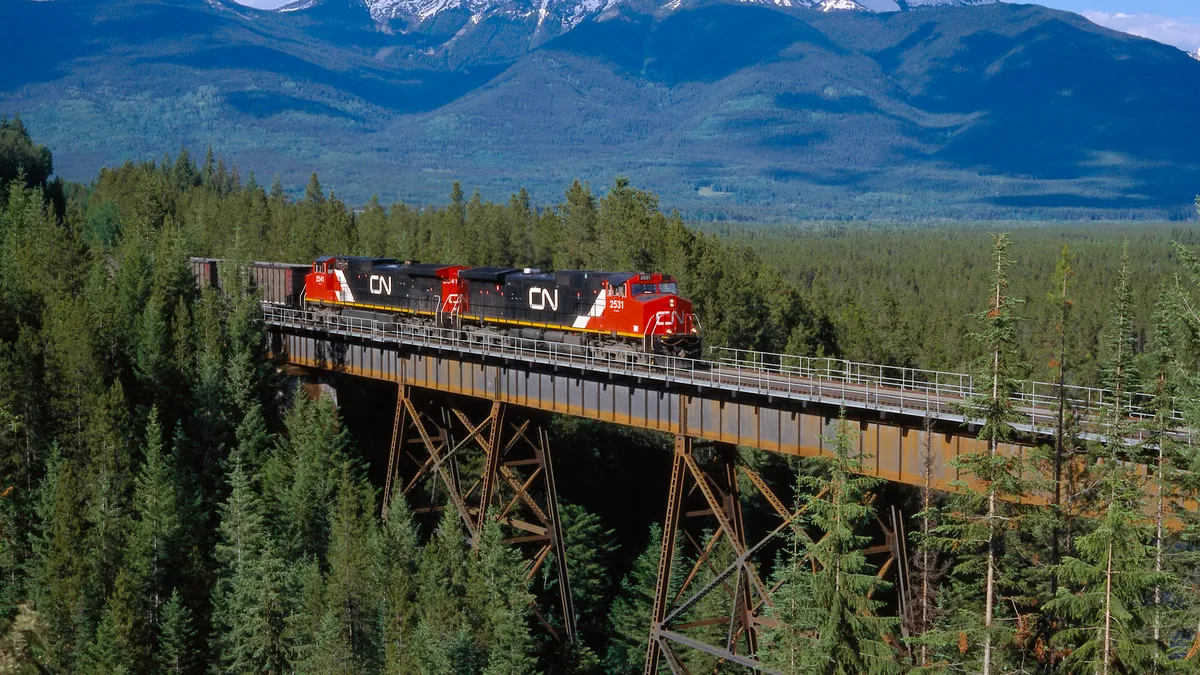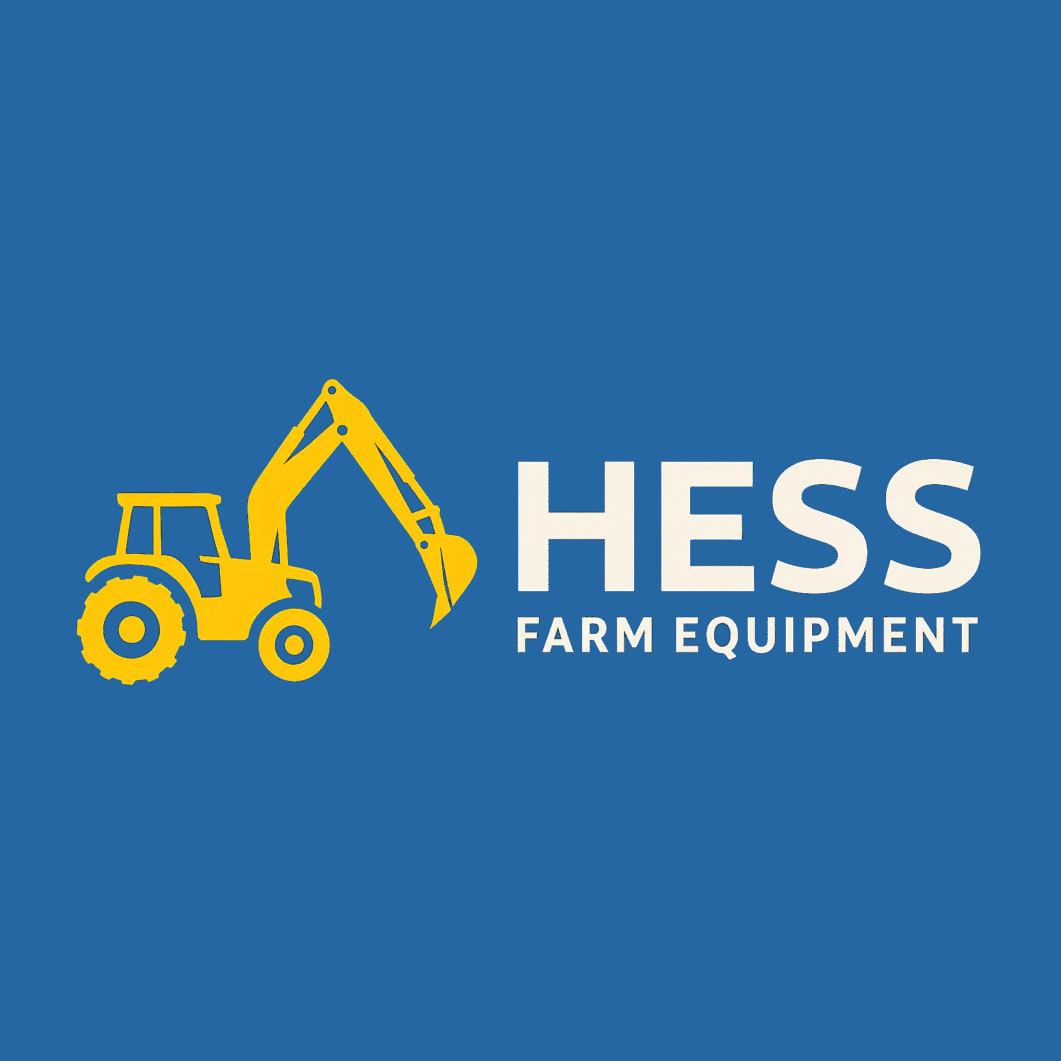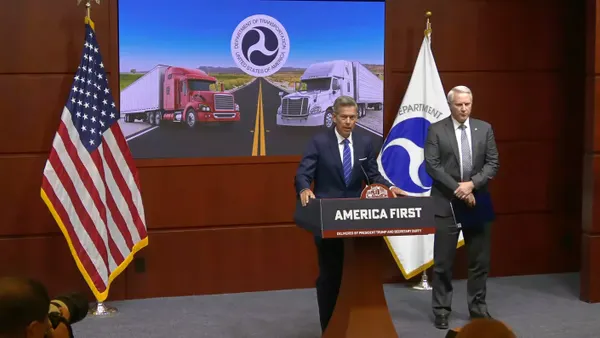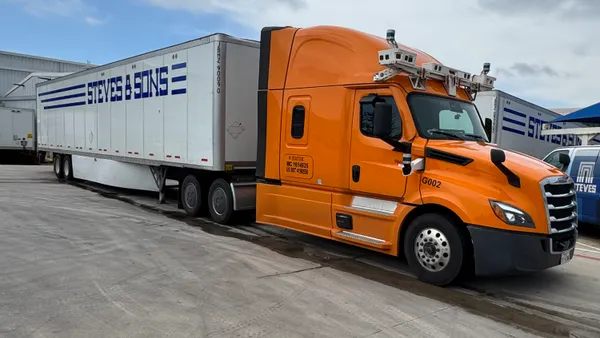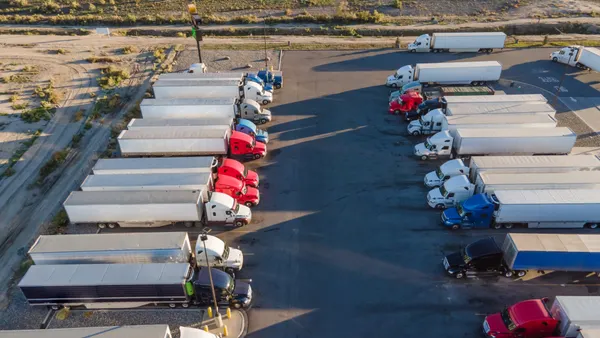A lockout of union workers shut down Canada’s two major rail carriers Thursday.
With the Teamsters Canada Rail Conference unable to get new labor deals with Canadian National Railway and Canadian Pacific Kansas City, trains stopped running shortly after midnight.
A last-ditch meeting Tuesday between Canadian Minister of Labour and Seniors Steven MacKinnon, union and railroad representatives failed to push the parties toward a new contract to replace its previous agreement that expired at the end of December. The meeting coincided with calls from shippers and industry groups urging a quick resolution including government intervention to keep Canada’s primary railroads running.
Leading up to the work stoppage, logistics experts warned a shutdown of Canada’s major rail networks would cause widespread supply chain disruptions.
However, the long-running labor strife provided a window for shippers and carriers to implement and prepare contingencies to avert service problems. This was acknowledged by Canadian National and CPKC executives on recent earnings calls, with both noting Q2 freight diversions.
Prospects of a work stoppage also moved Canada’s rail carriers to implement freight embargoes, creating a domino effect on connections with inbound U.S. freight.
In the days that followed, U.S. rail carriers issued service notices for freight impacted by the embargoes. Norfolk Southern posted its notice Tuesday, following customer alerts posted by BNSF on Aug. 14, then by CSX on Aug. 15 and Union Pacific Railroad on Aug. 16.
While Canadian officials believe critical supplies such as fuel and water could reach the public by other modes including trucking, the optimism wasn’t shared by British Columbia Trucking Association CEO Dave Earl. Canadian railroads transport more than 900,000 metric tons of goods daily, according to the Railway Association of Canada.
“There is no possibility trucking can fill the gap of any labour disruption on railways,” Earl said.



